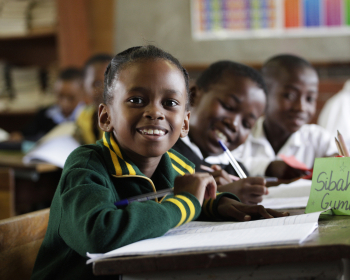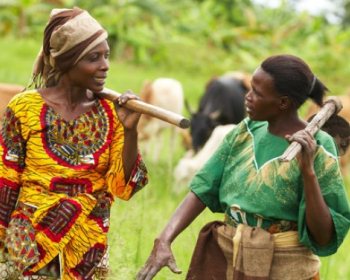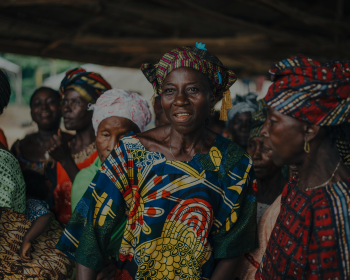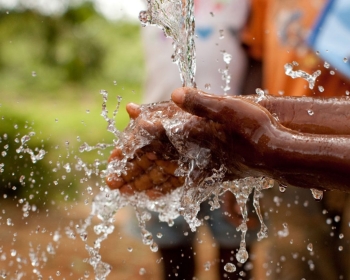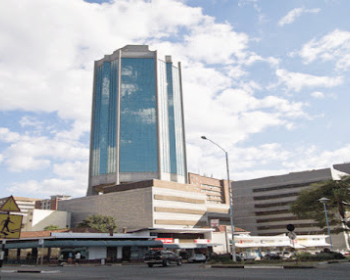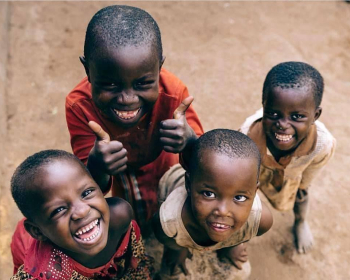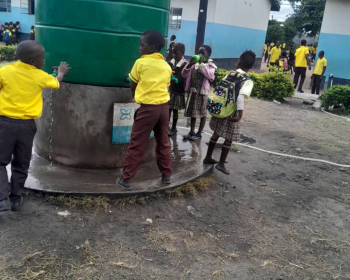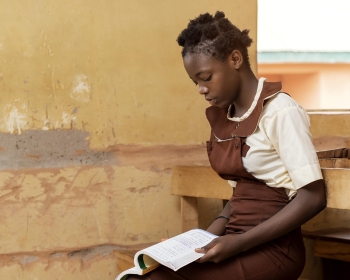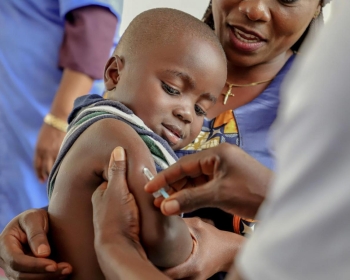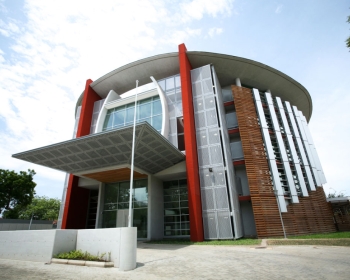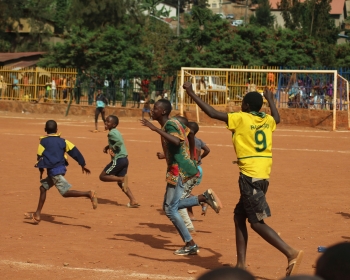Projects
Government of Eswatini and UNICEF in developing an operational plan and costing for the Education transformation plan
The Women's Leadership and Economic Rights (WLER) project in Tanzania is dedicated to advancing the meaningful partic
We understand that the 2023–2026 strategy envisions gender equality not simply as a cross-cutting concern but as a tr
The purpose of this evaluative review is to assess the effectiveness, relevance, coherence, efficiency, and sustainab
Botswana is characterised by a youthful demographic, with 60% of its population under the age of 35 and 18.7% between
End of Project Evaluation (EPE) of the Tax and Accountability Enhancement Project (TAEP) in Zimbabwe.
Lesotho is experiencing increasing risks of environmental lead exposure, especially in peri-urban areas, regions impa
Our approach to the assignment is rooted in behavioural science, that human behaviour is influenced by a complex inte
City populations are exploding, pushing people closer together and straining basic services beyond their capacity.
We completed the first phase of the Summative Evaluation of the UN Joint Programme on Girls Education.
We are conducting a mid-term evaluation of the Markets and Seeds Access Project (MASAP).
The objective of this consultancy is to map existing CSOs working, or with the potential to work, in the child health
The main objectives of ILO’s Diagnosis of Informality are to gain a better understanding of the informal economy (ext
We are starting data collection for the Micro-enterprise survey for the World Bank as part of the Ghana 2023 Enterpri
United Nations wishes to include into the Contract the terms and conditions of the Long Term Arrangement (LTAS) No LT
Comic Relief commissioned Zimbabwe-based Muthengo Development Solutions (M


